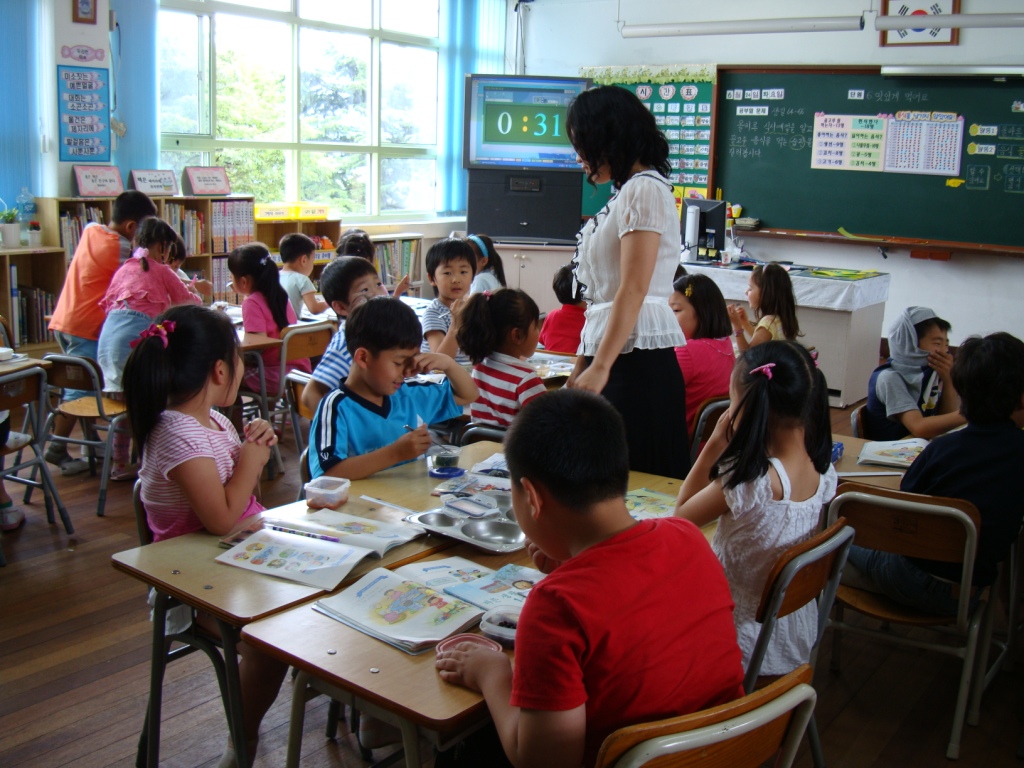The Peninsula
Addressing Education and Welfare Together

What Happened
- Last year, President Moon Jae-in announced the Youth Hope Package Assistance, an approximately USD 17 billion-budget project to address the youth’s economic challenges.
- The package includes a recently-announced college tuition assistance plan to support families with multiple children.
- The new policy comes as a growing number of people struggle with the high cost of housing and childcare in Korea.
Implications: The South Korean government sees education and welfare as intrinsically linked. This outlook is evident in new policy proposals that identified reducing the cost of children’s education as the main vehicle for delivering assistance to struggling households. For instance, the new college tuition assistance policy will pay the full college tuition for the third child in families that are in the bottom 80% of the income bracket, and also assist with the second child of low-income families. By providing financial support for education, South Korea is signaling the continuance of the age-old belief that higher education is the path to social mobility. However, the plan’s narrow application to only the second or third child indicates that the policy may not ultimately help the majority of households as the fertility rate in 2020 stood at 0.84. As such, a tertiary goal of this policy might be to incentivize families to have more children.
Context: Broader socioeconomic challenges that go beyond the cost of education remain a financial barrier for many households looking to have children. Although the Korean government announced a number of financial incentives to address the low birth rate, including cash handouts to new parents, other barriers remain. Young Koreans struggle with high rates of unemployment or underemployment, and many women forego marriage or delay having children because of its potential impact on their careers. The pandemic has only exacerbated economic difficulties for women and the youth in the past year.
This briefing comes from Korea View, a weekly newsletter published by the Korea Economic Institute. Korea View aims to cover developments that reveal trends on the Korean Peninsula but receive little attention in the United States. If you would like to sign up, please find the online form here.
Korea View was edited by Yong Kwon with the help of Sean Blanco, Marina Dickson, and Jina Park. Picture from the flickr account of Jens-Olaf Walter
